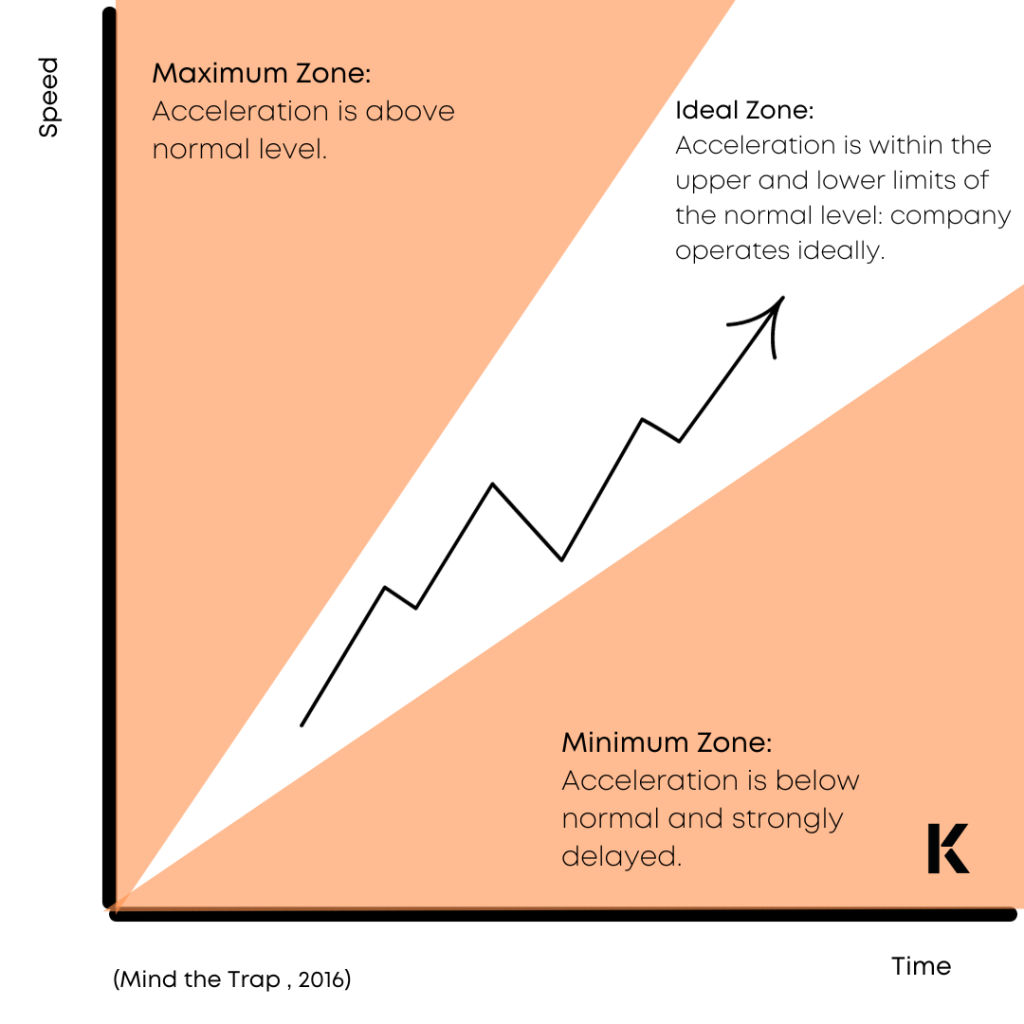In a recent exciting episode of Kitoko People we had the pleasure of hosting a distinguished leadership expert. Heike Bruch, teaching the topic of leadership at the University of St. Gallen and founder of Energy Factory, St. Gallen and shared valuable insights on leadership in the next generation and creating engaging and healthy work environments.
We began our conversation by addressing the following topics:
- Shift in Corporate Mindset: Companies are increasingly moving away from stressful work cultures, noting greater success and improved performance in organizations that embrace a balanced work culture. This highlights the importance of promoting a healthy and balanced work culture.
- Importance of Formation: It is crucial to train companies to adopt a healthier work mindset, providing the guidance and support needed for a smooth transition to a positive work environment.
- Workforce Turnover in Switzerland: Switzerland faces a surplus of staff compared to actual demand, prompting a re-evaluation of work approaches. Emphasis is on working more efficiently and making the workplace more attractive and rewarding for all employees.
- Efficiency and Long-Term Benefits: The focus is on making work more rewarding, with an eye toward long-term benefits for both employees and the overall success of the company. In addition, addressing short-term absences from work, the 20% increase in short-term absences through resilience programs and effective stress management, especially among young people, is highlighted.
The urgency of addressing these critical issues on the top management agenda is unquestionable. Several key concerns demand the attention of business leaders:
- Empowering Soft Factors: Employee well-being and performance are linked intrinsically to the soft factors of the work environment. This includes fostering a better work environment, cultivating satisfaction and enjoyment in the daily routine, and expanding personal development offerings such as certifications and skill development opportunities.
- Mental Health and Youth: A concerning trend emerges as the workforce becomes younger. With youth comes an increased susceptibility to mental health issues. To mitigate the impact of these issues on the business, organizations must maintain a proactive approach, offering support and resources to help employees overcome these challenges.
- Recognition: Today’s younger workforce often struggles with a lack of recognition and a diminished sense of community within the organization. Fostering an environment where individuals feel valued and connected is a critical task for senior management.
- Guidance for the Future: Younger generations, often referred to as Gen Z or Gen Y, are often labeled as the „glass/snowflake generation,“ which implies a certain degree of fragility. It is essential to provide substantial guidance and mentoring to help them navigate the complex decision-making processes that will shape the future. By offering this support, companies can ensure that the next generation of leaders is well prepared and empowered, and will benefit them in a long-run, avoiding bottlenecks.
Incorporating these concerns into the top management agenda is not just a suggestion, but a necessity. By doing so, organizations can foster healthier, more productive, and better prepared workforces, ultimately ensuring their future success in an ever-evolving business landscape.
Last but not least, the concept of „disruptive energy“ plays a crucial role in the dynamics of business leadership:
- 75% of companies today are caught in the Acceleration Trap (HBR, April 2010): the excessive pursuit of accelerated growth and activities, driven by market pressures, can generate short-term success. However, when maintained beyond sustainable capacity, it leads to organizational burnout and eventual decline.

- Within the ranks of managers, two types of profiles can be distinguished: the Busy Manager, characterized by high energy but a lack of focus, and the Tired Manager, who lacks both energy and focus, the last group being the most predominant.
In sum, the importance of promoting a healthy work culture, moving away from corporate stress and enabling companies to adopt a more efficient approach is highly important to address. Business leaders must focus on empowering soft factors in the work environment, recognizing and supporting mental health, fostering community, and mentoring younger generations. In addition, the danger of „disruptive energy“ in the excessive pursuit of growth was highlighted.
If you want to listen to the full conversation or other podcast sessions and get more inspiration on future leadership and culture click here.
Do you prefer reading? Subscribe to our newsletter and stay up to date.







